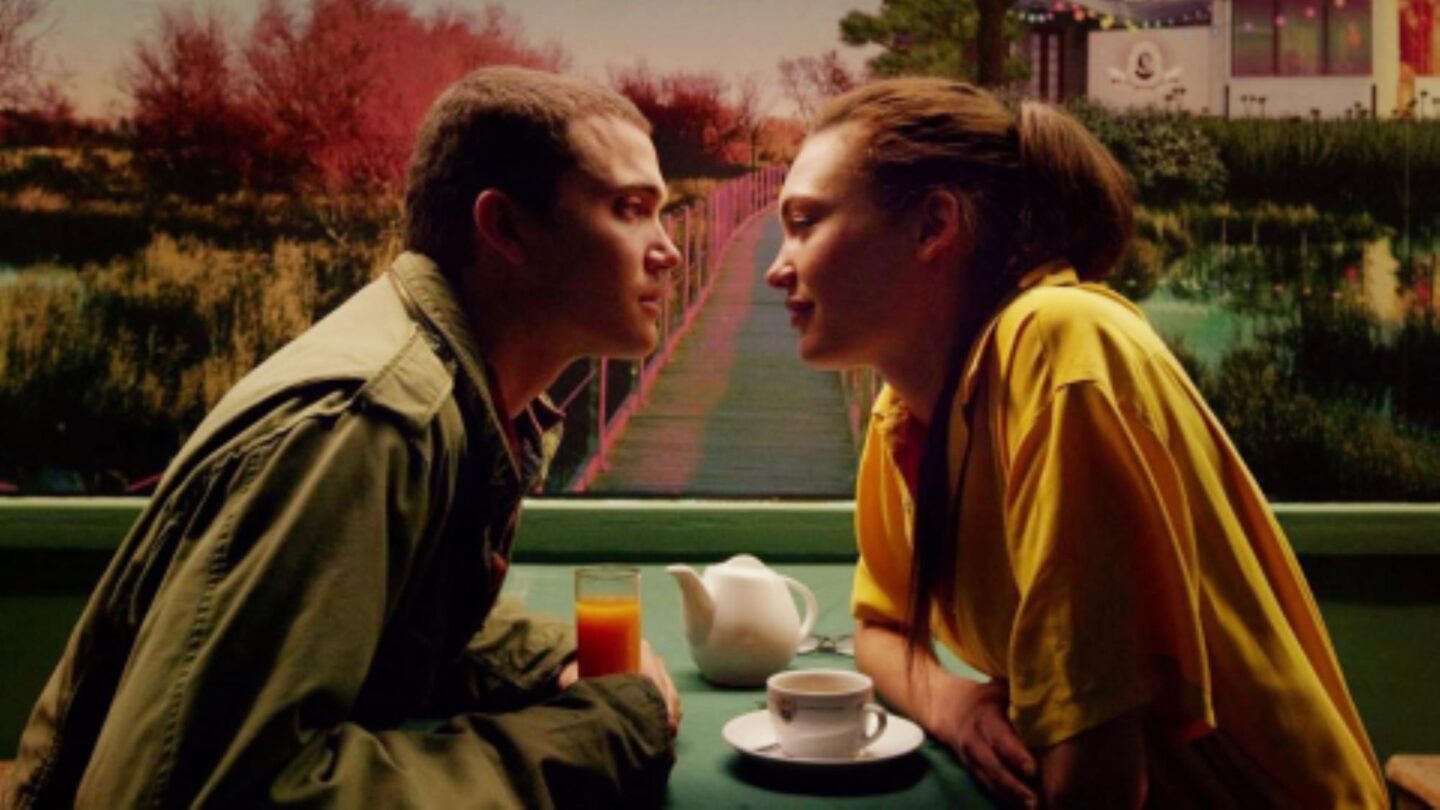The Internet is full of attractive people everywhere. Algorithms are designed to reward those who are younger and more symmetrical. Not only that, but celebrities show us their behind-the-scenes, dreamlike lives; and, to top it all off, both porn and AI push us to idealise youth and beauty. And if you add to that Instagram filters, Facetune, ring of light and strategic angles, we are all living in a parallel universe where beauty seems to be on a completely different level. It’s as if reality is an inferior version of what we see online, and that, believe me, is reshaping our expectations, not just of beauty, but of what is truly attractive.
It’s a fact: unrealistic beauty standards on the internet are destroying our self-esteem and our mental health. Nor can we overlook in all this digital drama how difficult it is to meet and date. It’s becoming increasingly common to hear men rate actresses like Sydney Sweeney or Margot Robbie as ‘mediocre’ or give them a 7 out of 10 on the beauty scale. ‘In the old days, [men] saw like 200 attractive girls in their lifetime and now that’s what they see a day,’ says influencer Tinx. More than half of American adults say their dating has gotten worse in the last ten years. Has overexposure to good-looking people shot our standards through the roof?
And yes, there is science behind this theory. We know that what we find attractive is conditioned by cultural influences. The media, in its eagerness to sell us what we ‘should’ find desirable, puts an ideal of beauty in our heads, which is then transmitted directly to dating apps and casual encounters. Not so long ago, beauty standards were only seen in magazines or movies; now, anyone with access to the Internet, with just one click, has direct access to those people we hold up as beauty references and who define the contemporary concept of ‘perfection’.
A study by Carlota Batres, professor of psychology, made this clear in 2014: those with constant access to the Internet tended to prefer more masculine men and thinner, more feminine women. The influence of the web on our perception of beauty is real, and as Batres explains, what we see most often – whether online or offline – conditions what we consider attractive. And it’s no wonder that, when we step out of our digital bubble, we are shocked by the contrast: flesh-and-blood people, with imperfections and natural textures, don’t have the same ‘magic’ as the perfect faces we find on our screens.
Michelle Drouin, a psychologist and relationship expert, puts it even more bluntly: ‘We’ve become so used to the perfect images we see online that we think that’s what’s real…. If you don’t have that initial attraction, if it doesn’t impact you the way it does in digital perfection, what will make you interested in someone in the real world?’. In other words, digital has desensitised us to reality, and what used to impress us no longer has the same impact.
But the most perverse part of all this is that the internet not only bombards us with the idea of ‘perfection’, but tricks us into thinking that perfect people are just a click away. Content creators sell us a false sense of accessibility, and dating apps seem like a buffet of endless options. Magdalene Taylor explained in The New York Times: ‘We should never have been exposed to the idea that the dating market is an endless well of people’. Hinge himself reflects this problem: after browsing the premium profiles, anything in the basic algorithm doesn’t seem so attractive anymore.
And this is where porn comes in. While many talk about how pornography affects sexuality, few have stopped to think about how it changes our expectations. Therapist Rob Weiss points out that, while overexposure to porn does not directly change sexual preferences, it does make us seek a more ‘idealised’ version of what we already like. Visual ‘hyperstimulation’ can lead to problems connecting with reality. ‘The problem arises when those images become our norm; then real life doesn’t seem so interesting to us. And this, believe me, affects both men and women.
The ‘Third Standard’ (as I call it) may affect all genders, but it seems that heterosexual men are the most vulnerable. The omnipresence of the male gaze means that images of perfect women are everywhere, while women tend to be the content creators. Add to this basic biology: ‘Evolutionary theory says that men are more interested in physical attractiveness,’ says Drouin. There is also a much higher use of pornography and online sex seeking among men, which means they are constantly exposed to this content.
So how can we reset our perception of beauty and stop focusing only on the physical, and rediscover what’s important in a real partner? While completely disconnecting from this matrix of perfection is almost impossible, being aware of how it affects us and limiting our time online could be a good first step. ‘We should be more aware of how social media affects our view of beauty,’ advises psychologist Justin Lehmiller. ‘And, as with everything, using these technologies in smaller doses is best.’ Because, as Weiss says, if you take porn away from men, things start to change.
‘Cuffing Season’: do you really want a partner or are you just looking to escape loneliness?
Sigue toda la información de HIGHXTAR desde Facebook, Twitter o Instagram
